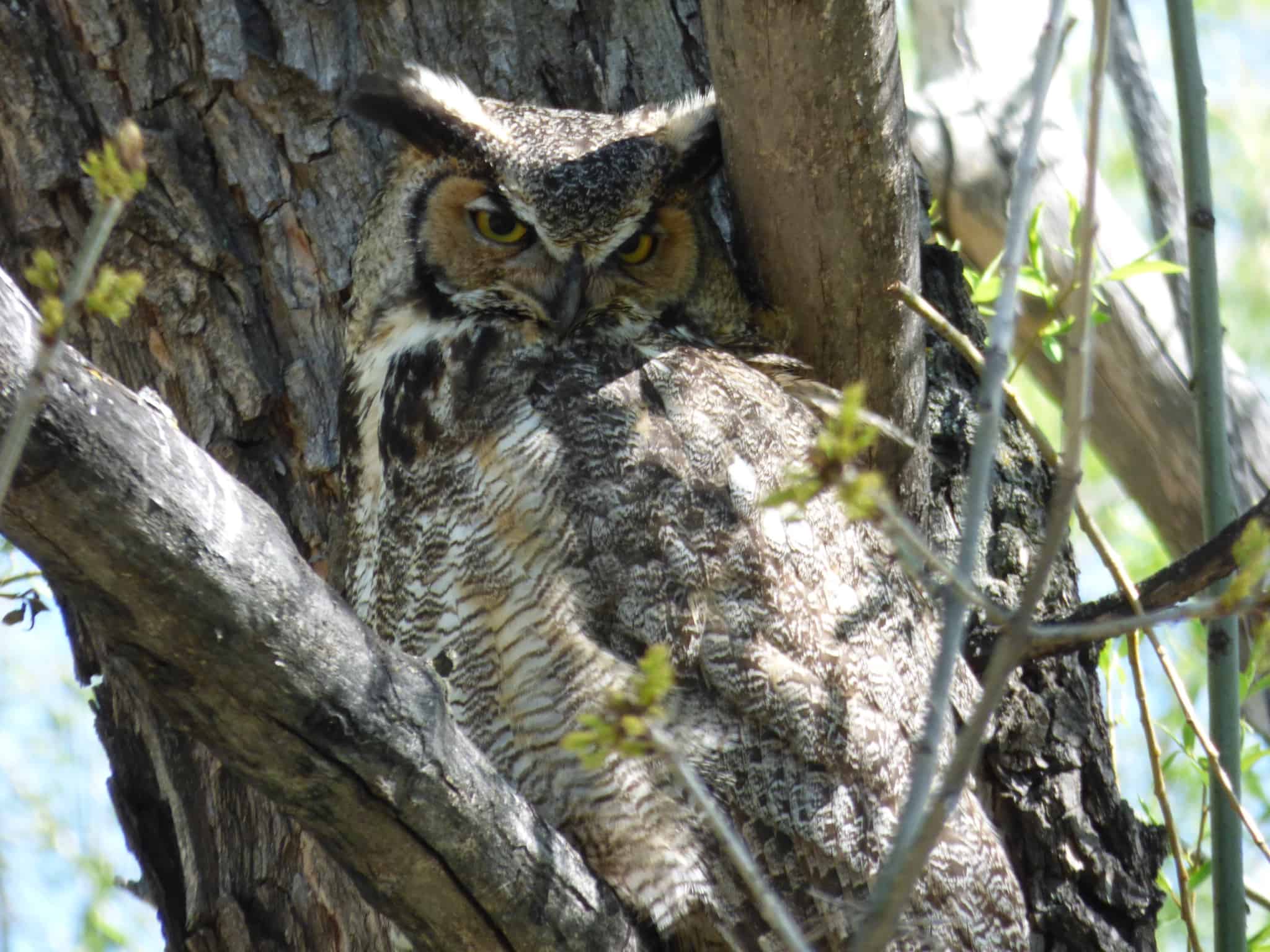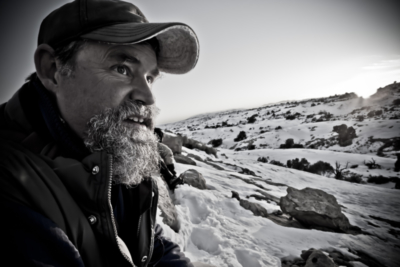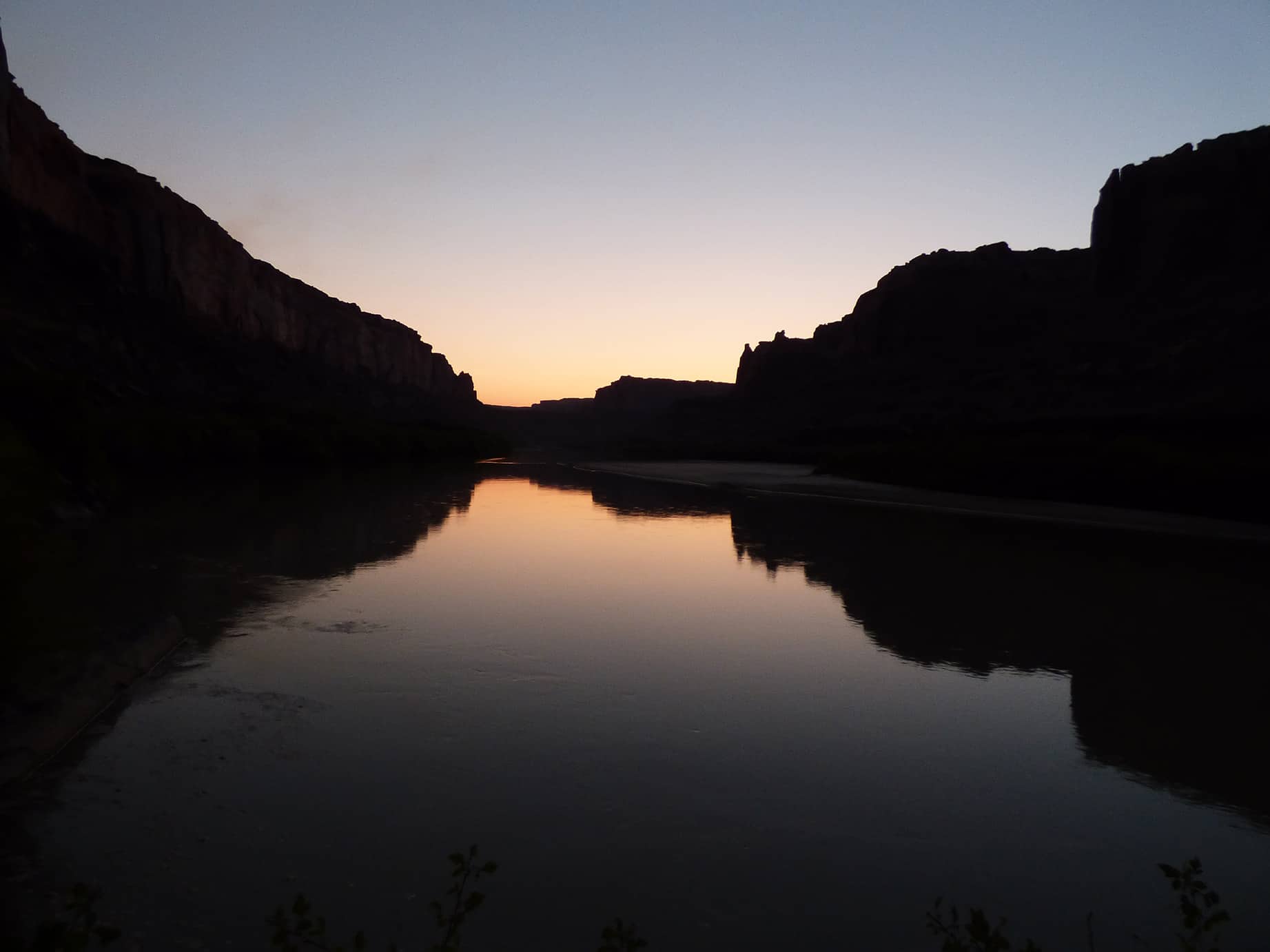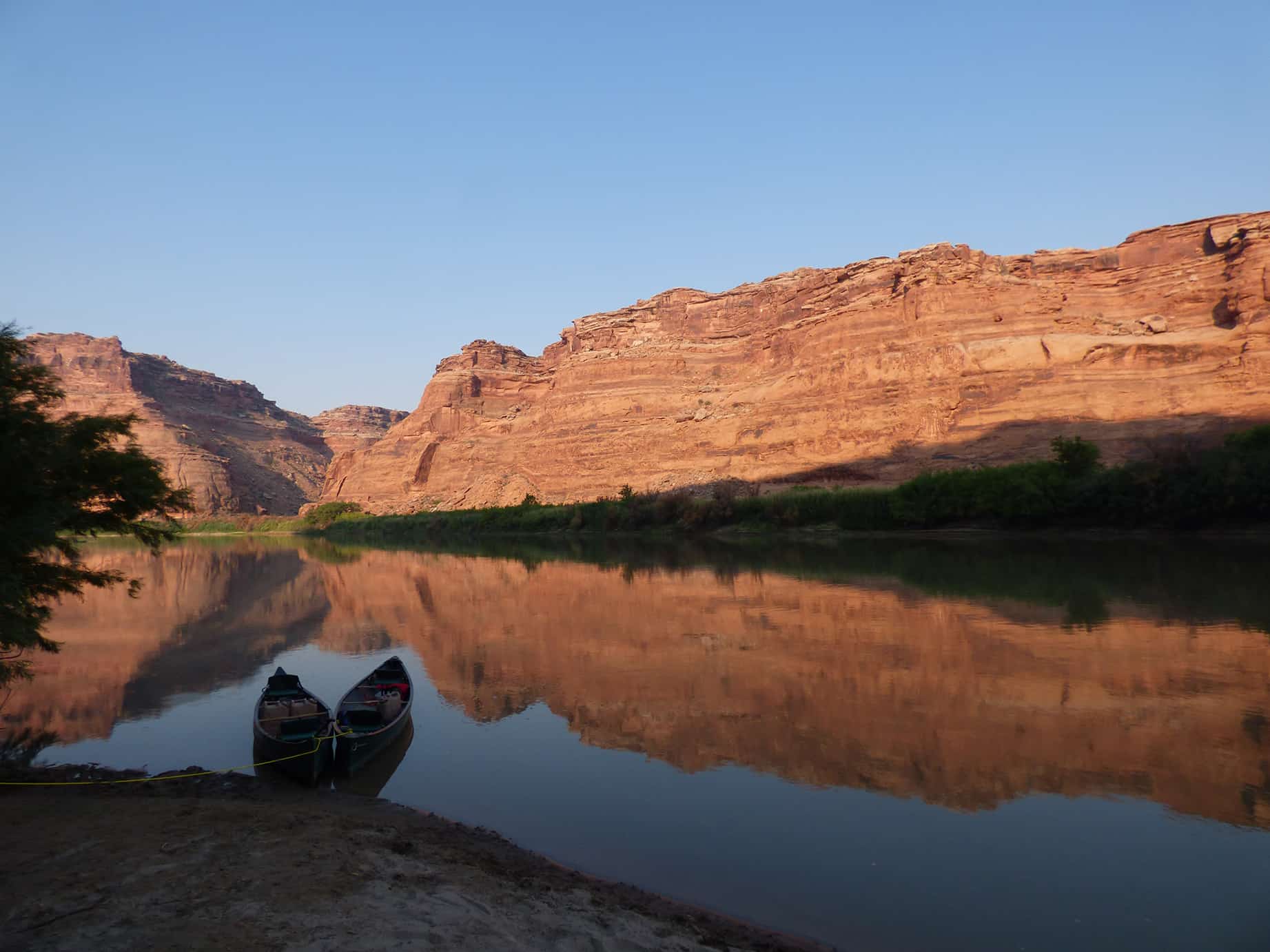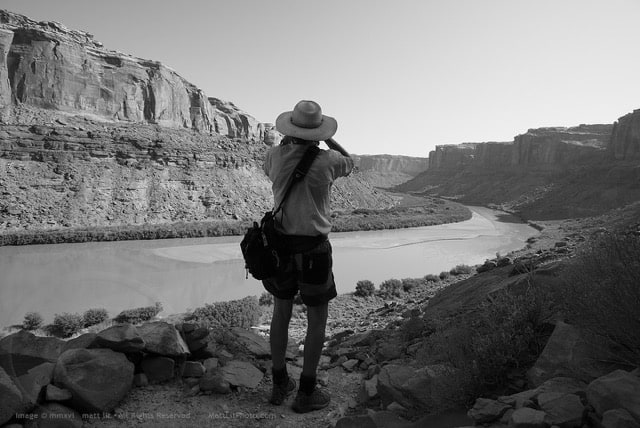If we consider what qualities make up a healthy relationship, communication, trust, and respect would certainly be at the top of list. But how many of us would include an appreciation of nature as a vital component in a relationship? Just in time for our Couple’s Quest Canoe Trip later this month, we’re examining why spending time in nature together is key to a healthy relationship.
On the surface, our relationships with other humans seem very different from our relationship to the environment. After all, many people view humanity apart from the natural world, and our habits reflect this view. Advances in medicine, technology, and agriculture reinforce our self-image as supernatural beings, unencumbered by the laws of the natural world.
As a result, we learn to downplay the physical and emotional sensations in our bodies and minds: We stretch the limits of our bodies and go to work in spite of suffering from the flu; we ignore hunger cues and instead eat on a rigid schedule; we compartmentalize emotions like anger, grief, and sadness in an attempt to self-treat our stress. We lose touch with our physical and emotional needs, and in turn, we tune out the wisdom of our bodies and the wisdom of the natural world.
In an article from The Ocean Mammal Institute, Marsha L. Green, PhD, examines how we lose touch with the earth when we lose touch with ourselves, and the effect on our relationships:
We are taught to think about and evaluate everything but rarely are we encouraged to feel the feelings arising in our bodies or listen to our inner bodily knowing. In order to protect ourselves from feeling the painful emotions we sometimes create a separation between the mind and the body so we don’t feel the pain. We literally disassociate our hearts from our minds.
The consequences of this self-protecting strategy are enormous. We simply can’t feel and are no longer in touch with the innate wisdom of the body. Once we’ve disconnected from our body we are also disconnected from the Earth because our body is our direct connection to the nonverbal energies of nature.
Then we begin to mistakenly believe that we are separate from the natural world and that we can and should control nature. We can then abuse and overuse environmental resources for our own gratification and never feel the pain of our destructive actions. The separation of our hearts from our minds has created the environmental crisis – we have created the crisis from the inside out.
—Marsha L. Green, PhD, The Ocean Mammal Institute
Because society has trained us to separate ourselves from the natural world, we have also become separated from each other. In our “every man for himself” culture, we value independence, self-reliance, and individuality above all else. Emotional expression, instability, and dependence are viewed as weaknesses. Any typical “Dating 101” article will swiftly advise “playing hard to get,” letting the other person express interest first, and avoiding emotional vulnerability. We close ourselves off out of self-preservation and social expectation.
When we look at nature, we find that the opposite rules apply. The natural world is made up of a vast web of symbiotic relationships, interwoven vulnerabilities, and constant fluctuations of stability. When we adopt this perspective and immerse ourselves in nature, we not only strengthen our connection to the earth, but also to each other. The risk of interdependence and vulnerability can be scary—but the rewards can be as rich as the gifts that nature itself has to offer.
Are you ready to grow your relationship through nature? Book your spot on our Couple’s Quest Canoe Trip today and prepare to find renewed excitement, teamwork, and connection with your partner while canoeing along the enchanting Green River in Utah.



